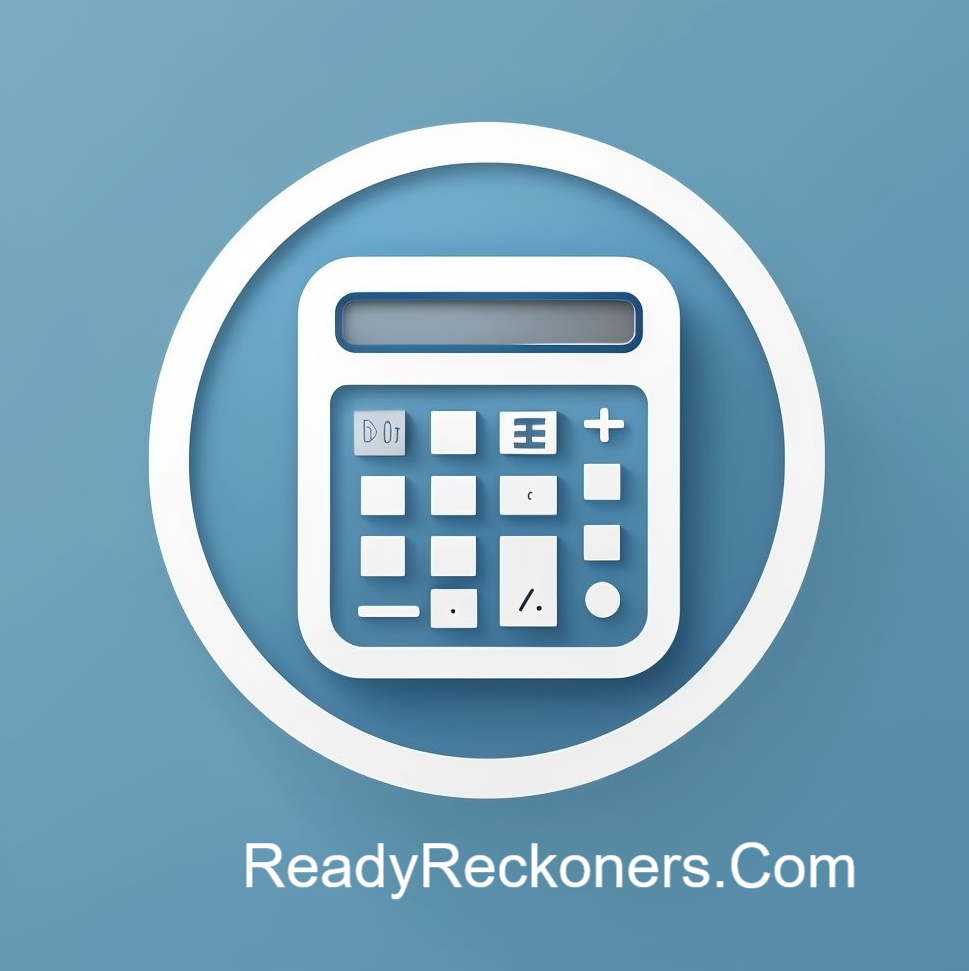
Buying a home is exciting, but it also comes with many expenses that go beyond the down payment. These extra costs, called closing costs, often surprise first-time homebuyers. Understanding what closing costs are and how to estimate them can save you from unexpected financial stress during your home purchase. This guide explains everything you need to know about closing costs in simple terms.
Closing costs are all the fees and expenses you pay when you “close” on your home purchase. Closing is the final step in buying a home, when ownership officially transfers to you. These costs typically range from 2% to 5% of your loan amount. On a $300,000 home, that means you might pay between $6,000 and $15,000 in closing costs.
Think of closing costs like the fees you pay when buying an airplane ticket. The ticket price (like your home price) is the main cost, but there are also taxes, baggage fees, and service charges (like your closing costs) that add to the total amount you pay.
Major Types of Closing Costs
Closing costs fall into four main categories:
1. Lender Fees
These are fees charged by your mortgage lender:
- Loan origination fee: Usually 0.5% to 1% of your loan amount. This is what the lender charges to process your application, check your credit, and prepare your loan documents.
- Application fee: Covers the cost of processing your initial loan application.
- Credit report fee: What the lender pays to check your credit history.
- Underwriting fee: Pays for the lender’s work to evaluate your finances and approve your loan.
- Discount points: Optional fees you can pay to lower your interest rate (each point typically costs 1% of your loan amount).
2. Third-Party Fees
These fees go to other companies involved in your home purchase:
- Home appraisal: An expert evaluates how much the home is worth to ensure the loan amount is appropriate.
- Home inspection: A professional checks the home for problems like roof damage or electrical issues.
- Title search and insurance: Ensures no one else has a claim to the property and protects you if someone later claims ownership.
- Escrow fee: Paid to the company that handles the money transfer between you and the seller.
- Attorney fees: In some states, you need a real estate attorney to handle the closing.
3. Government Fees
These are paid to local government agencies:
- Recording fees: Paid to your local government to officially record your deed and mortgage.
- Transfer taxes: Some states and cities charge taxes when property changes hands.
4. Prepaid Expenses
These are costs you pay in advance:
- Prepaid interest: Interest on your mortgage from your closing date until the end of the month.
- Homeowner’s insurance premium: Usually paid for one year in advance at closing.
- Property tax deposits: You typically need to prepay some property taxes at closing.
10 Smart Tips to Reduce Your Closing Costs
- Shop around for lenders: Different lenders charge different fees. Getting quotes from at least three lenders can save you thousands of dollars.
- Schedule your closing for the end of the month: This reduces the amount of prepaid interest you need to pay at closing.
- Ask the seller to pay some closing costs: In some markets, sellers will pay a portion of your closing costs to help the sale go through.
- Look for lender credits: Some lenders offer credits to offset closing costs in exchange for a slightly higher interest rate.
- Skip paying for discount points: While points lower your interest rate, they increase your closing costs. If you don’t plan to stay in the home long-term, points may not be worth it.
- Check if you qualify for special programs: First-time homebuyer programs often offer reduced closing costs.
- Ask about fee waivers: Some lenders will waive certain fees, especially if you’re an existing customer or have good credit.
- Negotiate third-party fees: You can sometimes shop around for services like title insurance to find better rates.
- Review your Loan Estimate carefully: This document lists all expected closing costs. Check for unnecessary fees or errors.
- Consider a no-closing-cost mortgage: Some lenders offer loans with no closing costs in exchange for a higher interest rate.
Understanding the Closing Cost Estimator
Our closing cost calculator helps you plan for these expenses by providing estimates based on your specific situation. Here’s how to get the most accurate estimate:
- Enter your actual home price: The more accurate this number, the better your estimate will be.
- Be realistic about your down payment: This affects your loan amount and many closing costs.
- Know your local property tax rate: This varies significantly by location and affects both your monthly payment and certain closing costs.
- Use current interest rates: Check current mortgage rates online for an accurate estimate.
Remember that the estimator provides an approximation. Your actual closing costs may differ based on your specific lender, location, and property.
Common Misconceptions About Closing Costs
Myth 1: “Closing costs are only about 1% of the home price.”
Reality: Closing costs typically range from 2% to 5% of the loan amount, which is much higher than many people expect.
Myth 2: “I can include all closing costs in my mortgage.”
Reality: While some closing costs can be rolled into your mortgage, many lenders require certain costs to be paid upfront.
Myth 3: “Closing costs are the same everywhere.”
Reality: Closing costs vary widely by state, city, and even neighborhood due to different tax rates and required services.
Myth 4: “I don’t need to save for closing costs if I have a down payment.”
Reality: Closing costs are separate from your down payment. You need to save for both.
Myth 5: “Online closing cost calculators are exact.”
Reality: Calculators provide estimates. Your actual costs may differ based on your specific circumstances.
Timing Matters: When Closing Costs Are Due
Most closing costs are due on your closing day. You typically can’t pay them over time like your mortgage. This is why it’s important to save for these costs in advance.
Your lender will provide a Closing Disclosure at least three business days before closing. This document lists the exact amount you’ll need to bring to closing, usually in the form of a cashier’s check or wire transfer.
State-by-State Closing Cost Differences
Closing costs vary significantly depending on where you buy your home. Here’s why:
- Transfer taxes: Some states charge high transfer taxes, while others have none.
- Attorney requirements: Some states require attorneys at closings, adding to your costs.
- Insurance costs: Homeowner’s insurance varies by location, especially in areas prone to natural disasters.
- Property tax rates: Higher property tax rates mean higher prepaid tax costs at closing.
Generally, states like New York, Delaware, Washington, and Pennsylvania have above-average closing costs, while states like Missouri, Indiana, and Iowa tend to have lower closing costs.
Digital Closing: The Future of Real Estate Transactions
The real estate industry is moving toward digital closings, which can reduce some closing costs:
- Remote online notarization: Sign documents electronically from anywhere.
- Digital title searches: Faster and sometimes less expensive than traditional searches.
- Electronic fund transfers: Move money quickly without wire transfer fees.
These technological advances are making home buying more efficient and potentially less expensive.
Final Thoughts: Be Prepared, Not Surprised
Closing costs are a significant part of buying a home. By understanding what these costs include and using tools like our closing cost calculator, you can prepare financially and avoid surprises.
Remember to:
- Save 2% to 5% of your expected loan amount for closing costs
- Get loan estimates from multiple lenders
- Ask questions about any fees you don’t understand
- Negotiate when possible
With proper planning, you can handle closing costs confidently and start your homeownership journey on solid financial ground.


